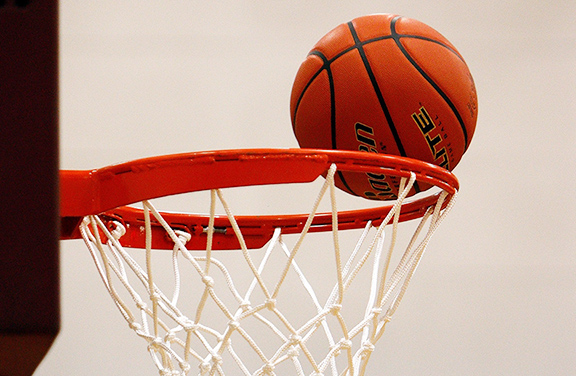12 qualities of great basketball teams
 Last season was very gratifying for me, as I was able to return to basketball as a scout. While my focus was to gather the necessary information for my scouting reports, I enjoyed watching what successful programs do in various situations.
Last season was very gratifying for me, as I was able to return to basketball as a scout. While my focus was to gather the necessary information for my scouting reports, I enjoyed watching what successful programs do in various situations.
I once read an article in which legendary coach Bob Hurley Sr. said that he always brings a notepad and pen to the gym when he observes a practice so he can jot down notes about something new he saw. As a scout, I learned to take note of what great teams have in common in order to help both our program and my professional development.
Here are 12 things I’ve noticed that top-tier teams do well.
1. Excellent communication on defense.
Communication always is important, but especially on defense. Players need to know when screens are set. They also need to know when substitutions are taking place. They must know who they’re guarding and where the help is coming from. Silence only leads to confusion.
2. Effective substitution patterns, especially at crunch time.
Coaches want their best players on the floor at the end of the game. They want to make sure they have their best foul shooters on the floor.
» ALSO SEE: Building a positive team atmosphere
If a starter has been plagued by foul trouble, they want to make sure they can have that player on the floor at an appropriate juncture of the game when they’re not in danger of picking up additional fouls.
3. Effective use of skip passes against zones.
Skip passes can make the zone move and help to open gaps for penetration. Skip passes also get the ball to a team’s best shooters. Good teams make crisp skip passes with sufficient velocity and accuracy.
4. Consistent movement/cuts without the basketball.
Movement helps to create scoring opportunities. It also leads to mismatches and is helpful near the end of the game when a team looks to run the clock. Great teams know how to execute this philosophy effectively.
5. Knowing when to take a jumper in transition.
Good guards on top-tier teams are able to read a defense. They know when to penetrate and when to pull up and shoot a jumper. The pull-up jumper is a regular part of their offensive repertoire.
6. Passing from the post to the best perimeter shooter.
Post players on great teams recognize double teams, and they understand how to find the open teammate. These shooters constantly work to get open by creating good passing lanes and angles out of the post.
7. Creating transition opportunities through ball pressure.
Strong defensive teams recognize the opportunity to generate offense through pressure defense. They look to create steals, deflect passes and effectively use traps.
8. Knowing when to pull back and slow things down.
Championship teams are coached on how to respond to different situations. At the end of a tight game with a lead, they know the score and make smart decisions. They typically don’t force bad shots, and they understand that the clock is their ally.
9. Stay poised in end-of-game situations.
These teams thrive on pressure and want to play in pressure-packed environments. They can block out noise and focus on the task at hand. They know what they must do and can overcome any mistakes that could arise.
10. Finding finishers and free-throw shooters near the end of the game.
As a young coach, I once heard Hubie Brown at a clinic talk about “knowing who your closers are.” Championship teams know who their closers and best free-throw shooters are, and they know how to find them on the floor. They design plays to make sure these players have the ball at the end of the game. Their teammates are well aware of this too, and they understand how and when to get them the basketball.
11. Implement effective delay game when ahead.
Knowing the situation is important for any team. Superior teams know that when they’re ahead, killing time takes precedence over scoring. They have practiced their delay game and can effectively execute it as needed. They tend to thrive in this situation and embrace the pressure.
12. Utilize excellent spacing.
Spacing is important because it enables offenses to be more effectively executed. It creates better passing angles and penetration opportunities. It allows for isolation plays as well as pick-and-roll opportunities.
A good friend once said, “You can always learn something in coaching.” Like coach Hurley, I continue to bring a notepad to each gym when scouting so I can expand on this list and become a better coach.
Kevin Weigand is an assistant girls basketball coach at Cape Coral High School in Florida.









